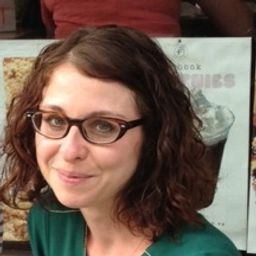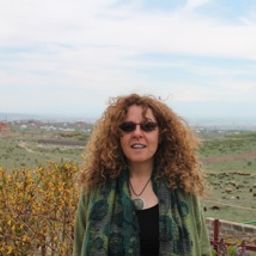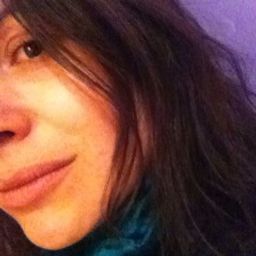Moving Memory: Difficult Histories in Dialogue (exhibition opening)
My Session Status
Around the globe the planning of large-scale memorial-museum projects concerned with violent histories are frequently marred by conflict, omission, and competitions of victimhood. This problem also extends to scholarship on genocide and memory. “Moving memory” is a collaborative multi-sited research exhibition about the Armenian and Roma genocides that proposes creative solutions to these museological and scholarly conflicts around commemoration.
Our multi-sited event includes two primary installation pieces and a live public event. Hourig Attarian’s installation, “Threading a map, spinning life stories,” integrates oral and video-projected testimonies of second-generation female survivors of the Armenian genocide with a live performance piece. Nadine Blumer’s “What is the Life of a Monument?” is an interactive replica of Germany’s national Roma Holocaust Memorial that prompts reflection on how commemoration of past injustice intersects with struggles against violence in the present day. The path into the gallery will prompt visitors to consider these distinct cases of genocide in conversation with one another as a way of reframing the common impasse in representations about “competing” narratives of violence. To extend the exhibit beyond the limited space of the gallery, Anique Vered will facilitate a “Public-Panel-Relay” (see June 7th), a unique form that opens “Moving Memory” into a conversational happening with conference participants and passers-by, as well as with partner academic and arts-based institutions in Armenia via live-web streaming and remote public response.
By literally moving memory, this project interlinks physical, discursive, and digital spaces of representation, catalyzing the movement of ideas and historical narratives locally and transnationally, and prompting audiences to think through histories of violence in relation to, rather than in opposition to one another.


